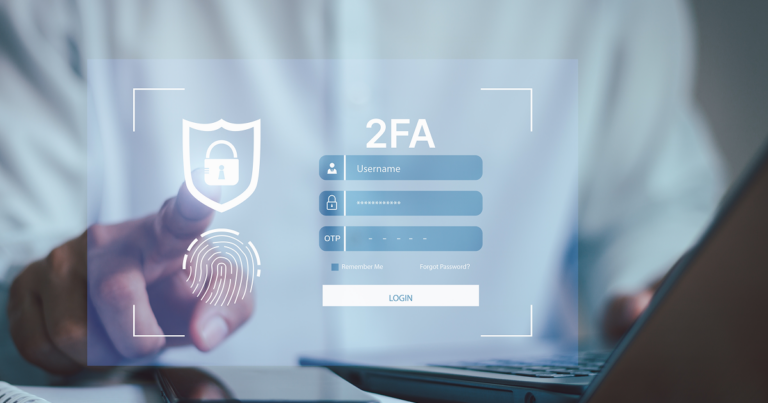PBX, short for Private Branch Exchange, is a private telephone system that combines an internal telephone network with advanced features for making and receiving external calls. Among its many benefits, a PBX system allows users to easily communicate both internally with business colleagues and externally with the outside world by direct-dialing phone numbers and extensions. PBX also enables businesses to have more phones connected to the system than there are phone lines devoted to the system.
Because of this versatility, PBX is one of the most popular types of business phone systems in widespread use today. The telephone system’s reliability and efficiency meet businesses’ voice-communications needs by delivering an array of enterprise-class calling tools and features via a private, devoted telephone network set up specifically for use within a company or organization.
What Are the Benefits of PBX Systems for Businesses?
PBX systems can also deliver a long list of powerful, business-class features, often on an à la carte basis. These features can include:
- Call hold
- On-hold music
- Call transfer
- Call forwarding
- Caller ID
- Corporate auto attendant
- Incoming call management
- Voicemail recording and reviewing
- Call queues to assist with handling heavy call loads
- Teleconferencing capabilities
- Interactive voice menus that can handle a range of regular queries with little or no human interaction required
What Is a Hosted PBX System?
A Hosted PBX system uses an internet-powered Voice over Internet Protocol (VoIP) connection to deliver all the functionality of traditional PBX with the additional benefits of the internet.
What Are the Advantages of a Hosted PBX System?
A Hosted PBX system allows businesses to get all of the advantages of PBX at a lower total cost of ownership (TCO) as the business is spared the up-front costs of purchasing all the hardware and software required to run a traditional PBX system in-house. It also minimizes the amount of on-site equipment and infrastructure required for in-office installation along with reducing maintenance needs and freeing up office space.
In addition, Hosted PBX solutions can help users overcome a number of the common shortfalls of traditional PBX systems, such as limits to the number of outside phone lines (trunks) they can access and the number of internal extensions available, as well as how many internal devices can be connected to the system. The Hosted PBX solution also allows for a number of benefits made possible by its internet connectivity, including:
- Ring groups
- Digital receptionists
- Reporting capabilities
- Easy and cost-efficient scalability
- Voicemail-to-email capabilities
- Automatic call distribution
- Regular, hassle-free system updates
- Easier integration of remote employees via a virtual, accessible-from-anywhere office phone system
- Simple system control and management via an online portal
- Easy maintenance via an off-site IT service provider
A Hosted PBX system can help owners of both large and small businesses implement a powerful office phone system with a wide array of enterprise-class features and functionality, all without investing in the hardware, software and technical expertise needed to run a traditional PBX system on-site.
Looking to improve your business’s phone system while simultaneously reducing costs? FTC’s Hosted PBX offers many powerful, enterprise-class calling features at an attractive monthly rate.




